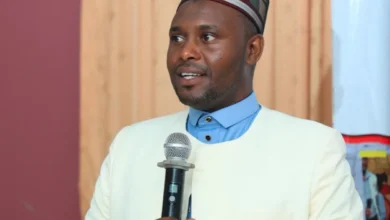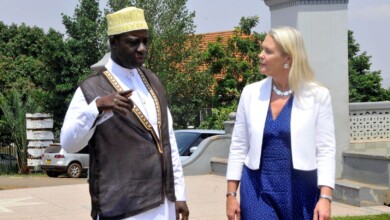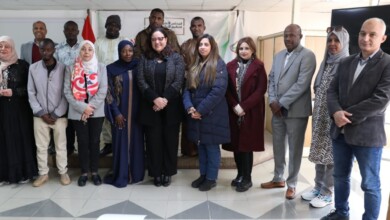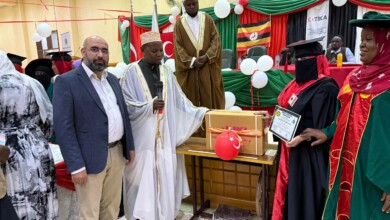Non-Muslim MPs back the establishment of Kadhi courts in Uganda
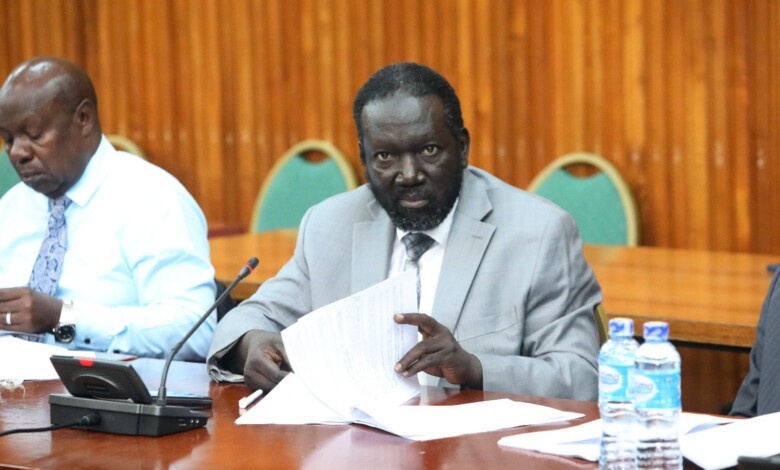
By Issa Kigongo
During a recent consultation on the Marriage Bill, growing calls for the operationalization of Kadhi courts in Uganda emerged, gaining support from both Muslim and non-Muslim Members of Parliament (MPs). The discussions, led by the Parliamentary Committee on Legal Affairs and the Committee on Gender, highlighted concerns that existing civil laws do not adequately serve the needs of the Muslim community, particularly in matters of marriage and inheritance.
During an appearance by representatives of the Uganda Muslim Supreme Council {UMSC}, Mukasa Sirajeh Katantazi, the President of the Uganda Muslim Lawyers Association, voiced concerns about how the current legal framework does not align with Islamic principles. He emphasized that Muslims base their legal and moral decisions on the Quran and the traditions of Prophet Muhammad, making it necessary to have Kadhi courts that operate within these religious guidelines.
Katantazi further explained that marriage in Islam is considered an act of worship (Ibadah), and civil laws do not fully cater to the Islamic approach to marriage. He noted that the absence of Kadhi courts has led to conflicts that could otherwise be resolved within the Muslim judicial framework.
The legal expert also pointed out that because Uganda lacks operational Kadhi courts, Muslims requested to be excluded from the recently passed Succession Act, as Islamic law already provides detailed guidelines on inheritance and property distribution. He argued that implementing Kadhi courts would help Muslims practice their faith without interference from civil laws.

MPs express support for Kadhi courts
The discussion drew support from several MPs, including non-Muslim legislators who acknowledged the importance of religious justice. Opposition Chief Whip John Baptist Nambeshe encouraged Muslim MPs to introduce a bill for the operationalization of Kadhi courts, promising to support the initiative alongside other legislators. He suggested that this provision could even be incorporated into the Marriage Bill to ensure legal recognition.
Charles Bakabulindi (Workers MP), echoed this sentiment, urging Asuman Basalirwa (BugiriMunicipality), the Chairperson of the Muslim Parliamentary Caucus, to present the proposal as a Private Member’s Bill. He pledged his full support to the cause.
Similarly, Santa Alum (Oyam WMP), acknowledged the government’s failure to implement several laws and called on Muslim MPs to build alliances with their non-Muslim counterparts to push the issue onto Parliament’s agenda. She acknowledged that financial considerations might arise but stressed the importance of ensuring religious justice.
Awaiting government action
Asuman Basalirwa revealed that he had previously written to Prime Minister Robinah Nabbanja inquiring about the status of Article 129 of the 1995 Constitution, which provides for the establishment of Kadhi courts. However, he has yet to receive a response from the government.
The 3rd Deputy Prime Minister, Rukia Isanga Nakadama, also weighed in, urging the government to operationalize Kadhi courts to allow Muslims to receive justice through their religious laws rather than through secular courts.
With mounting support from both Muslim and non-Muslim MPs, the push for Kadhi courts in Uganda is gaining momentum. If Muslim legislators follow through with a Private Member’s Bill, Parliament could soon debate and potentially approve the long-awaited implementation of Kadhi courts.


